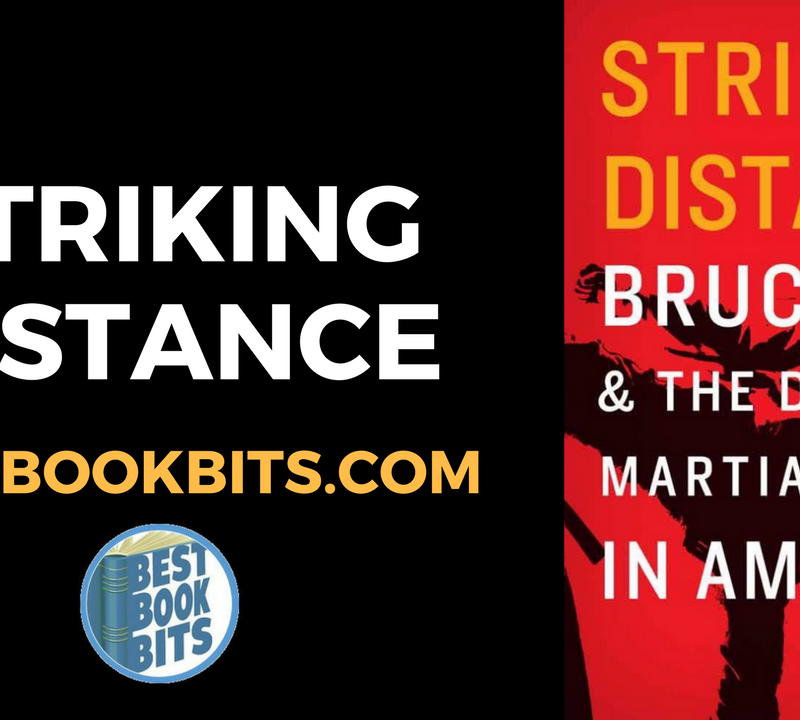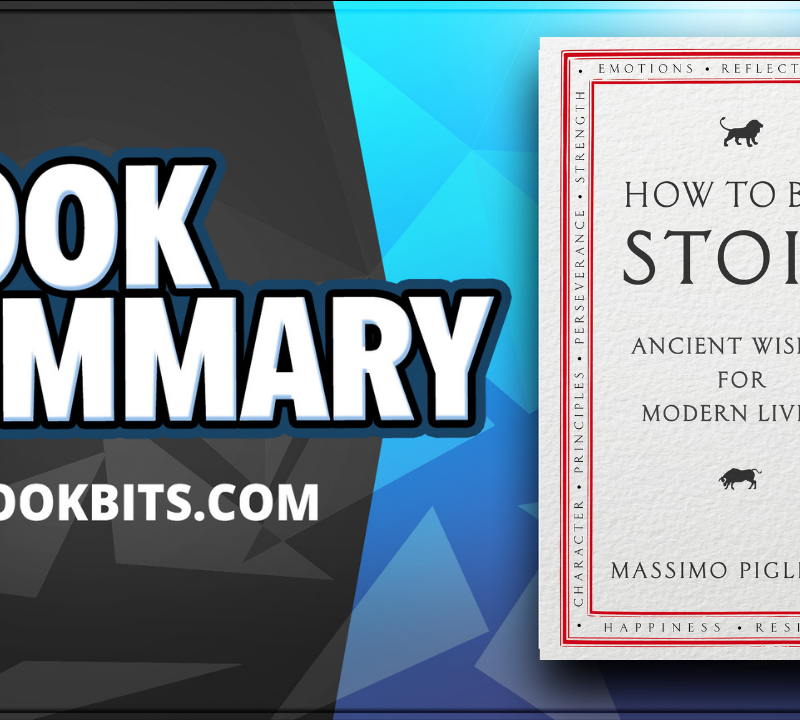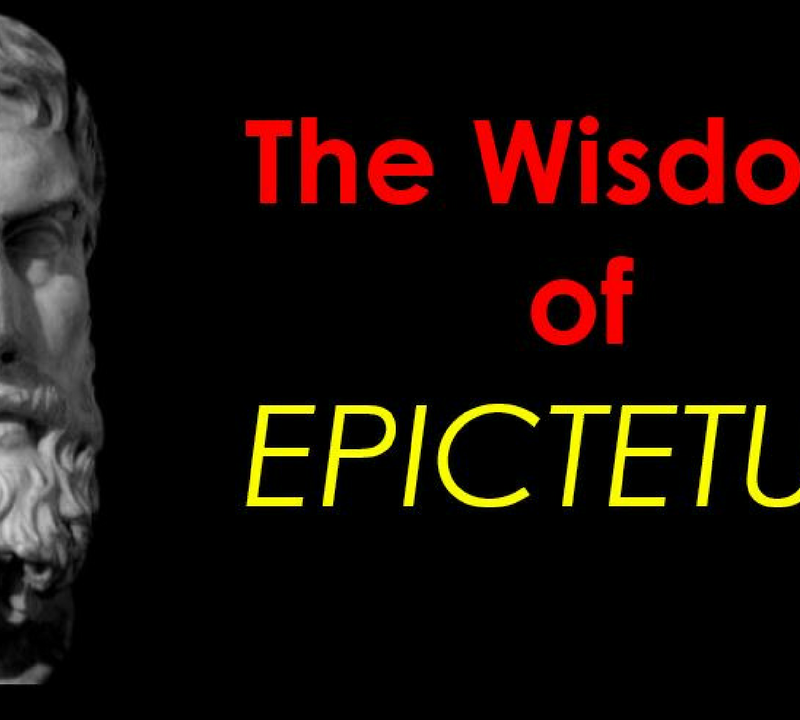JOIN THE ‘BEST BOOK CLUB’ NOW HERE
DOWNLOAD THIS FREE PDF SUMMARY HERE
STOP TRYING TO ACHIEVE YOUR GOALS BY YOURSELF AND BE COACHED TODAY HERE
CHECK OUT THE FOLLOWING Book | Summaries | Course | YouTube |Spotify | Instagram | Facebook | Newsletter | Website
On Liberty by John Stuart Mill
John Stuart Mill, who lived in the 19th century, predicted that constant conflicts between society and personal liberty would be an important issue in the next centuries. The nature and the boundaries of society’s legal power on people are discussed by Mill in his impressive book on despotism and individual freedom.
Based on the discussion, he focuses on issues such as free political ideas and modern perception of freedom of belief and speech which are still controversial. People who want to build judicious and righteous states and people who want to assess their manner and hypothesis towards the world they live in find his views remarkable.
Chapter 1 – Democracy alone does not always ensure individual freedoms.
In a certain period of history, democracy- a form of self-government, was created to overthrow the regimes of tyrants. A wide range of communities, from ancient Greece to England, clashed with their own despotic rulers. Brutal and powerful rulers used to be perceived as necessary to provide peace and safety in society. Over time, it was clearly understood that these rulers, who came to the throne or annexed the land, did not consider the goodness of their people. It has become increasingly clear that the power of political leaders must be limited. Democracy, which gives people the right to choose their own rulers, was created to implement this restriction.
But self-government was not a certain solution. The rulers, chosen by the people, might try to suppress freedoms like tyrants. People who defend democracy against tyranny come up with the idea that if political leaders and the community have the same benefits, despotism is not applied. Of course not!
Power of government and community should be restricted even if official rulers are assigned by the people’s vote; democracy does not fully meet the meaning of the people’s autonomy but control over every person by the majority group in parliament.
This major part of society can easily become cruel. Therefore, people who are against personal freedoms can force those who have different views and opinions to change their minds. For example, assume that more than half of people living in a society follow a single religion. With the help of democratic practices, major groups in the state could force minority religious groups to change their religion.
It is clear that self-government alone does not always ensure individual freedoms. However, we can prevent social pressure by taking some precautions.
JOIN THE ‘BEST BOOK CLUB’ NOW HERE
DOWNLOAD THIS FREE PDF SUMMARY HERE
STOP TRYING TO ACHIEVE YOUR GOALS BY YOURSELF AND BE COACHED TODAY HERE
CHECK OUT THE FOLLOWING Book | Summaries | Course | YouTube |Spotify | Instagram | Facebook | Newsletter | Website
Chapter 2 – Personal freedom can be ensured by only a community depending on reasonable doctrines.
Democratic communities that desire to ensure freedoms have to go through several parts of their culture and understand it by considering historical courses and human actions.
The issue of individual freedoms should be resolved with a reasonable perspective. But similar to general belief, the system of norms and laws in society is also affected by the admiration and hate of society in question. So they are completely unreasonable. Moreover, almost all people living in this community think that their patterns of morals, attitudes, and behaviors are accurate and favorable.
For instance, think of how people accept the concepts and norms of a certain religion without questioning whether they are correct or not. If a Muslim person who avoids eating pork, had grown up in a Christian community, she would possibly have no doubts about pork meat and would stop eating all meat products during Easter Lent.
Consequently, modern civilizations have failed to take big steps towards the question of how legal public control is because society did not regard the question of personal liberty from a reasonable point of view.
Despite this failure, it is strange enough that the only special exception is religious tolerance in contemporary communities. After prolonged religious wars, Europeans had to ensure that religious tolerance is essential for solidity and that people can convert a religion they wanted with their free will.
However, religious indulgence was the result of a painful experience rather than a reasonable perspective. If we do not have certain doctrines explaining when the power of the state will be applied to people and we follow unreasonable feelings and beliefs of social groups, then individual freedoms would be in great danger.
For this reason, it is necessary to find out a logical and more impersonal doctrine. But what does this doctrine be like?
Chapter 3 – Personal freedom is favorable for both communities and persons.
Suppose that someone you know doubts restricting the authority of government and community. What would be your response? What factors would you offer to persuade him that these restrictions are necessary?
As John Locke and some other philosophers have discussed, moral principles come from organic and inherited rights. However, as mentioned in the former section, many things we attribute “natural” are personal and depend on the traditional desire of the community in which we have grown up.
It is only possible to solve this problem by being open to the idea of a pragmatist ideal society: How useful are laws and government administrations for human welfare?
In reality, a community that focuses only on benefit-based freedoms is open to development. Individuals cannot improve their mental and moral abilities, which can greatly affect their personality and welfare unless they have free will to decide.
Yet, personal freedoms are very important for both individuals and society in general. Only a tolerant society allows people to improve their abilities and thoughts and make them notice their unique personalities. With the variety of personalities supported by individual freedom, people can live comfortably in a world where they support each other and maintain their power so that they provide total development of the human being.
According to past experiences, societies putting more emphasis on diversity than uniformity have a better level of development.
However, should individual liberty be restricted? Should there be unlimited freedom to do whatever we want? In the next chapter, we will delve into these problems more deeply.
JOIN THE ‘BEST BOOK CLUB’ NOW HERE
DOWNLOAD THIS FREE PDF SUMMARY HERE
STOP TRYING TO ACHIEVE YOUR GOALS BY YOURSELF AND BE COACHED TODAY HERE
CHECK OUT THE FOLLOWING Book | Summaries | Course | YouTube |Spotify | Instagram | Facebook | Newsletter | Website
Chapter 4 – There should be unlimited freedom for people to have whatever they want.
There is no one in charge of making life peaceful and prosperous other than the person herself. Human beings can reach their ideas about a subject thanks to their capacity to think. Individuals should have the freedom to think, to do, and to decide whatever they want and people should be prevented from interfering with others’ freedom.
Yet, children are the only exception in this equation. While grown-up people are mature enough to make free choices, children, on the contrary, have no capability of maturity to do whatever they want. For this reason, adult people have the right to step in children’s freedom for the best guidance.
In the same way, communities being backward for some reason, do not have enough capacity for individual liberty. Thus, political leaders think that they have the right to apply oppressive strategies for the common benefits of the people. But, sophisticated societies allow their people to do whatever they want because such societies know what is best for individuals. In this case, there is no need to make the community and the government intervene in personal freedoms.
A community should not force people to believe in what the majority follow and to live in the environment it has created.
Sadly, there is an opinion of some people living in a given society that embracing some specific spiritual thoughts and ethical principles of that society is good for the people’s health or morality. These people are generally troubled with other people’s lifestyles and attitudes and even try to convince them to change their way of life.
For instance, there is an Islamic rule forbidding Muslims to eat pork, and some Muslims argue that eating pork should be banned for everyone because of this rule. Or English Puritans in the seventeenth century, for example, made a great effort to prohibit people from collective and individual amusing activities.
Yet, even if you have such thoughts in your mind, you have no right to force individuals to engage in such behaviors. People can try to persuade others to embrace their views but the community should not force them to accept the beliefs, ideas, and attitudes of the majority through the instrument of laws.
Hence, as a principle, individuals living in modern societies are free to do whatever they desire but this freedom is somewhat limited.
Chapter 5 – It is acceptable to intervene in freedom to save people if there is a danger that freedom is likely to hurt someone and others.
Some important incidences for restricting personal freedom to avoid harming others can be listed. For instance, the public can give a warning to people who are drunk and become violent. Being drunk is not an excuse to interfere with someone’s freedom. On the other hand, we have the right to punish people who have resorted to violence once under the influence of alcohol and continue to drink again. Harming other people under the influence of alcohol is guilt because drunken people tend to resort to violence more easily.
On the contrary, sometimes failing to do what has to be done can also negatively affect others. For example, it is acceptable that the community can force the public to give financial support to public projects such as hospitals and roads but these are not what most people would love to do.
Moreover, it can be reasonable to limit individual freedoms to keep others away from danger. If no one suffers from unlimited freedom then liberty should not be restricted. People are mostly indifferent that their reckless behaviors may harm themselves and others.
For instance, think of a person unknowingly passes through a bridge that is not safe enough. And there is a police officer nearby but the time is limited to warn the endangered person.
Here, the only thing the police officer can do in a short time is to withdraw him even if the policeman restricts his freedom of movement because it is obvious that the person on the bridge has no intention to harm himself deliberately.
JOIN THE ‘BEST BOOK CLUB’ NOW HERE
DOWNLOAD THIS FREE PDF SUMMARY HERE
STOP TRYING TO ACHIEVE YOUR GOALS BY YOURSELF AND BE COACHED TODAY HERE
CHECK OUT THE FOLLOWING Book | Summaries | Course | YouTube |Spotify | Instagram | Facebook | Newsletter | Website
Chapter 6 – Society has to be careful about what is harmful and how to avoid it.
It is a disappointment that your parking spot was taken by someone else and you feel desperate for a while. However, are you sure that this kind of frustrations is a real injury? Do you want to make the government or the public be involved in this situation? It would be ridiculous, right? Well, what kind of destructions confirm intervention in personal freedoms?
Interference with people’s liberty is not always legitimate even if people make others disappointed by their actions. As a matter of fact, freedoms can only be suspended when someone hurts others as a result of breaking the rules necessary for the peace of people and society. Alcohol, for example, is legal for everyone in a given period but on-duty police officers, who are in charge of safety and protection, are not allowed to get drunk for general well-being.
People are also responsible for their families. It is not the task of community to deal with excessive drinking and gambling problems of people but society has the right to warn and punish them if there is a serious threat to the family members due to these addictive habits.
It is clear that avoiding destruction is a complicated situation. We are responsible to make people obey the rules in order to minimize harm and damage because some actions of people can be dangerous for others and society. As an example, many shops sell drugs resulting in poisoning or death when they are used under the wrong conditions.
But it is unacceptable to intervene in liberties simply by saying there are destructive possibilities. Decisions made by people to avoid possible damage can hinder public interests brought by freedoms. For example, shops selling toxic substances create job opportunities for many people through this trade and employees of this shop contribute to the trading cycle by using their money in the market.
Instead of forbidding sales of toxics to keep people away from poisoning, some other precautions that need to be considered: educating people on poisoning and sharing personal health data with sellers.
It is a complicated issue to know which is harmful and what precautions should be taken to avoid harm and damage.
The concept of freedom of action has been the subject of the text so far. The next chapters will cover a more abstract concept: the freedom of thought.
Chapter 7 – Restricting freedom of thought and speech is a crime against humanity because this kind of limitation is the biggest obstacle for searching reality.
In modern times, freedom of thought and speech become a critical concept being respected and protected. But, most people did not possibly think enough about the significance of these freedoms.
When beliefs and convictions become a matter of discussion, people are usually prone to embrace the views and ideas of their social environment and agree with the statement of formal organizations such as religious institutions, states, and governments.
But these views and statements of a certain authority, which we build our thoughts on, can be wrong. People should think and speak without restriction and interference in order to reveal the truth. It is not beneficial to control freedom of thought and speech, other than delaying reaching the truth, and so it is harmful to human development.
In history, there were many instances where thoughts and ideas were controlled since they were not appropriate for common beliefs and convictions. Socrates, for example, who was one of the most important philosophers of all time and offered many ideas to humanity, was sentenced to death because his thoughts were considered threatening.
On the other hand, it is not appropriate to preserve only “right” ideas. Opposite views, which are not a hundred percent correct, should also be expressed to find a response in society. In order to come up with common belief, expressing and discussing different ideas allow us to discover the underlying reality.
For instance, it has been proven today that Newton’s theories are not exactly accurate. If the community restricted his thoughts from spreading because his theories were not appropriate for the common mind then there would be no scientific improvement benefited from Newton’s different insights.
Should someone have the same freedoms even if his thoughts are one hundred percent wrong?
Chapter 8 – Irrational ideas can also be helpful for societies.
Many people think that their ideas are completely wrong. These people who have irrational views prefer to keep them secret. Such people often remain unreactive, especially in the most controversial issues such as abortion or gender equality. But is there any benefit of being silent for society? Of course not.
False opinions can lead to greater reflection on common beliefs and knowledge and make people find out how these ideas became indisputable.
In order for society to discover reality, it is also essential to listen to people with opposite ideas even if they are in constant debate. Otherwise, they may have to accept the common knowledge of those who have power and the majority in society.
Returning to the issue of gender equality, it is not enough to defend the equality of men and women, as it is only prescribed by law. It has to be understood why the concept of equality is essential and why equality rights have to include everyone. If we come across people who have opposite views in the context of gender equality, we can state our positive thoughts on non-discrimination between men and women and why studies on women’s rights are important developments.
Also, common beliefs, which are not constantly questioned, will lose their influence as they are officially accepted over time. It is important to be faced with opposite ideas so that our common knowledge and beliefs do not become worthless in time. In other words, our different ethical and moral thoughts become habitual and as we stop thinking about these thoughts, we forget why they are accepted as truth.
Freedom of thought and speech are the most basic personal freedoms which have to be taken into account and defended even if what we think and talk about is sometimes controversial.
On Liberty by John Stuart Mill Book Review
The impulse of culture and society are not neutral to make democratic government a powerful advocate of personal freedoms. Therefore, for the development of society and individuals, reasonable methods should be applied in the process of learning and adopting new behaviors.
JOIN THE ‘BEST BOOK CLUB’ NOW HERE
DOWNLOAD THIS FREE PDF SUMMARY HERE
STOP TRYING TO ACHIEVE YOUR GOALS BY YOURSELF AND BE COACHED TODAY HERE
CHECK OUT THE FOLLOWING Book | Summaries | Course | YouTube |Spotify | Instagram | Facebook | Newsletter | Website













